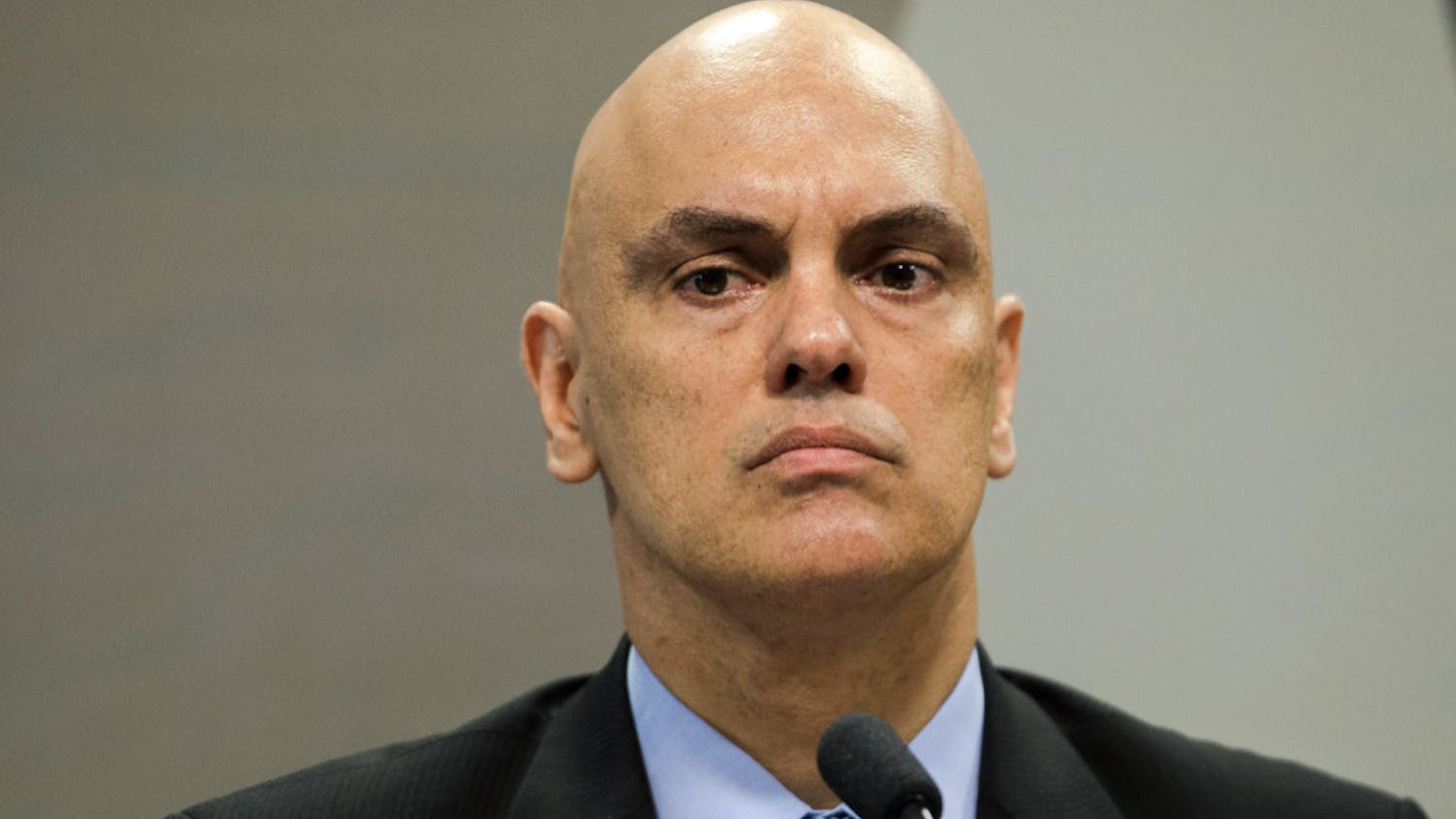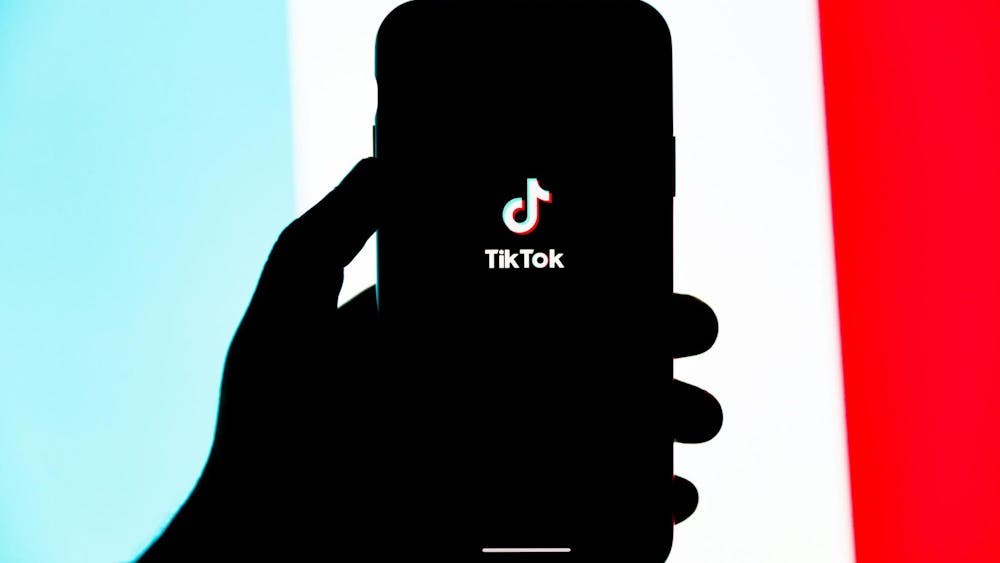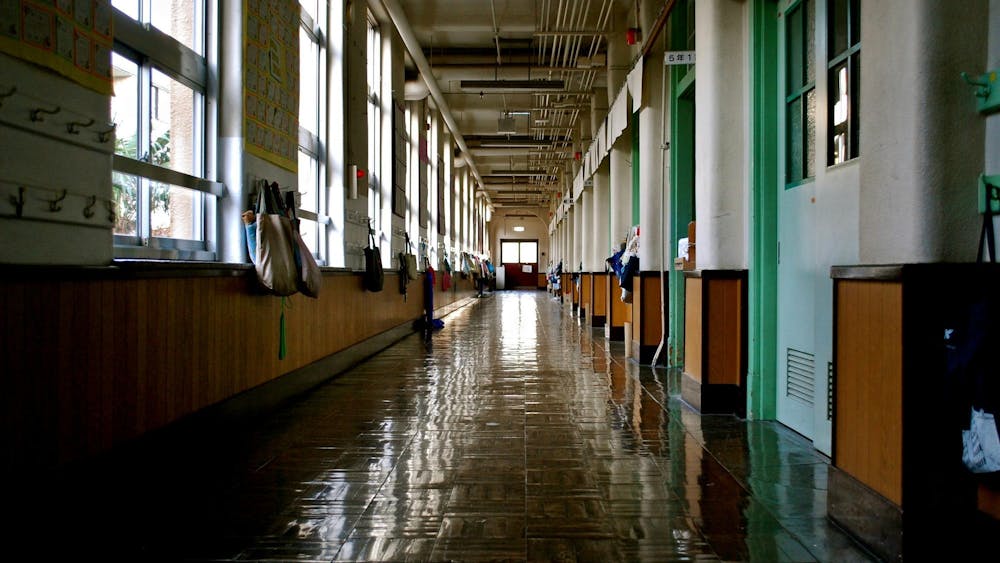The last year has been eventful for Mark Zuckerberg. Highlights include being the TIME Magazine Person of the Year for 2010, along with a recent $50 billion valuation of his brainchild, Facebook, by Goldman Sachs. Less glowing was the cynical portrait of him presented in The Social Network, one of the year's best films. During interviews the increasingly articulate Zuckerberg speaks passionately about the way Facebook is fundamentally reorienting the Internet around people. A runner-up for Person of the Year was Julian Assange, founder of Wikileaks. The whistleblower website has made its way thunderously onto the international scene, embarrassing the United States by pouring massive amounts of documents about Iraq, Afghanistan and diplomacy into full public view. Both websites expose certain truths — both hopeful and uncomfortable — about the nature of the Internet.

Facebook and Wikileaks represent opposing forces — personhood versus anonymity, community versus atomism. While Zuckerberg's talk about Facebook restructuring the web may seem self-serving, it is undeniably true. Whereas the Internet used to be modern wild west — the ungovernable, lawless, frontier — Facebook has instituted a measure of civility. People are now present on the Internet, in addition to simply user names. If the Internet is a microcosm of society, Facebook is the first step towards institutionalization and some measure of control. As Facebook becomes more integrated with the rest of the web, as it has and surely will continue to do, one can imagine an even more personal experience. We are now able to keep track and communicate with more friends, share our interests with a larger audience and see what matters to the people around us. If you go to the movie reviewing site RottenTomatoes.com, or the New York Times website, you can easily see on the home page what movies and articles your friends like. This is an undeniably positive development — in addition to being able to share in the experiences of those around us, it makes the Internet a more communal place.
On the negative side, there will always be issues with privacy, and disturbed people who take advantage of the fundamental disconnect with reality the Internet provides — a la Catfish (an unsettling recent documentary film about a woman who creates an entire community on Facebook). The illusory, not-quite-tangible nature of some Facebook relationships are not satisfying on their own, and will always lack the richness of interpersonal interaction. No human being can be accurately summarized in an "About Me" section. Facebook should be viewed as a place to augment and form relationships that have already or will eventually translate into reality, not as an end in itself.
Wikileaks, on the other hand, demonstrates the power of the Internet on the opposite end of the spectrum — anonymity. What Assange seeks — some sort of loosely constructed quilt of human rights, anarchy, the fall of the U.S. and transparency from governments and corporations — lacks rigidity. But it is of paramount importance, telling us that on a grand scale, the Internet is a vast, ungovernable place. When Wikileaks was kicked off its Amazon servers, dozens of mirror sites popped up, ensuring that there will always be some way to access it.

Indeed, one can imagine that even if Julian Assange is imprisoned or Wikileaks itself is shut down, some other talented programmer will pick up the reins. The idea is far too alluring to die with one man or one website. Wikileaks is both diffuse and anonymous, and the massive document hemorrhages from the United States speak to its power. Like Facebook, it could be an incredible force for good — if it holds governments and corporations accountable for things that are clearly in the public interest. Correspondingly, it is a potent tool to swing public mood and geopolitical relationships. If used for partisan purposes (anti-U.S.), the possibilities are much more ominous.
The tension between personhood and anonymity has always, and will always, be a central issue of the Internet. The rapid growth of Facebook shows that most people do want to develop their own niche in the digital world. However, anonymity is simply hardwired into the Internet's DNA. It is great when used as a tool for free speech — sites like Wikileaks have real potential to improve the accountability of major institutions — At the same time, there is something undeniably sinister about the anonymity afforded by the web, like walking along buzzing New York City streets only to veer off into an undesirable alleyway. The underside of the Internet is not pretty: One quarter of all searches are pornographic, anonymous cyber-bullying can have devastating consequences and it is not at all difficult to find hateful discussions and comments on everything from YouTube videos to newspaper articles.
What makes the Internet great also makes it sordid. The bestowal of the ability to keep in touch with hundreds of friends goes hand in hand with less privacy. One's prerogative to anonymously release important secrets that benefit the public also gives them the ability to utter anonymous racial slurs or urgings for others to commit suicide. If you take one, you get the other. As long as humans constantly struggle between the light and the dark, so will the Internet.
Edward A. Larkin is a senior with a double major in Biological Sciences and Classical Civilization. He can be reached at elarkin1@nd.edu
The views expressed in this column are those of the author and not necessarily those of The Observer.
The views expressed in this column are those of the author and not necessarily those of The Observer.












